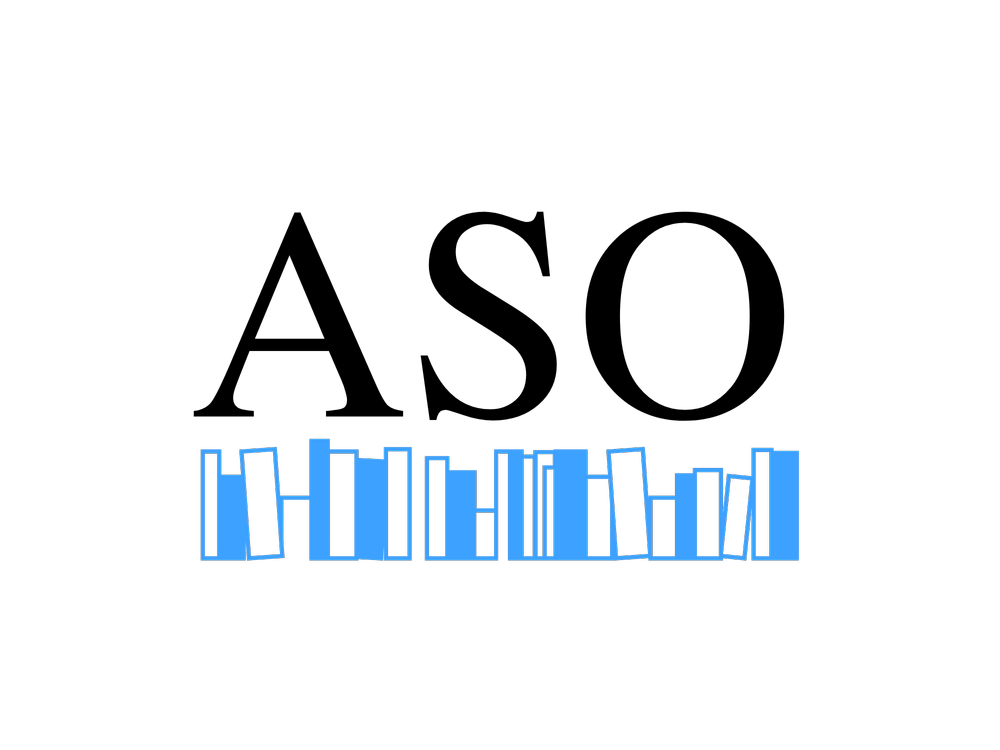In this video, Charlotte Woods and Lesley Glover from ASO discuss an article co-authored with dementia expert Emma Wolverson, that explores how the Alexander Technique, even when learned for unrelated reasons, can unexpectedly improve one's ability to provide care....
The ASO Newsletter - 36th Edition
Helping you stay connected to Alexander Technique research.

Introduction
(3 min read)
In the below video, Alexander Studies Online (ASO) members Charlotte Woods and Lesley Glover are in conversation about an article on the Alexander Technique and caring co-authored with dementia expert Emma Wolverson (Woods, Wolverson and Glover 2022) (1). The paper they are talking about was written with academics in mind with an interest in care but no experience of the Alexander technique (AT).
An autumn 2020 international online survey of Alexander teachers asked about their experience of working with carers, and with people with dementia. Their responses chimed with the authors’ experience that the AT was helpful in supporting people with a caring role, and this acted as a springboard to try to develop a theoretical argument to explain why this should be the case. Why should someone having AT lessons for some apparently unrelated reason unexpectedly find that their day-to-day experience of caring also improves?
The conversation introduces some ideas that are central in the article: that caring is felt, or embodied; the importance of communication between our brain and our bodily organs (our interoception) to our sense of ease, safety, and autonomy; and how this interoceptive awareness is believed to be acquired and developed unconsciously from birth onwards through contact with others.
Some clinical studies of carers use the term ‘self-loss’. This refers to the fact that, under difficult circumstances, a lack of attention to the self through intense focus on those being cared for can, over time, lead to a reduced sense of control and autonomy among carers. The article proposes that self-loss might be explained in part by an interference with interoceptive awareness, as can occur with long term stress or trauma.
The video mentions two embodied habits that are highly developed in Alexander teachers, and that would seem likely to be particularly useful in counteracting carer self-loss. The article proposes that these habits are passed on unconsciously from AT teacher to carer-student, drawing on theory on the direct experience of caring, or its phenomenology (2). It is this unconscious modelling of relevant habits that would explain the fact that AT lessons might effectively target the ability to care without this ever being a conscious aim of either student or teacher.
The conversation ends by setting out some of the implications of the ideas presented in the paper for academics in the field of caring, and for the Alexander community.
Related Resources, Downloads, and Links
A summary of the article discussed in the video can be accessed on the STAT website here.
Full article access: Please note, the article under discussion is not open-access. To request a plain text version of the article from ASO please email Charlotte Woods via the ASO contact form here, or for those with institutional access please obtain the article here.
The survey responses referred to included the perspectives of AT teachers specifically in relation to dementia care, and these are presented in a separate paper (Glover, Wolverson and Woods 2022) available here for free.
A blog post on the process of writing up the data for publication can be found here on the Alexander Studies Online (ASO) website.
The September 2023 issue of the Alexander teacher newsletter STATnews, included a brief article considering whether improved interoceptive awareness gained with Alexander lessons might help explain why learning the technique seems to support effective caring: Woods, C. E. (2023) How might the Alexander Technique Support Caring? STATnews, 12(3).
To learn more about AT and dementia care you can watch a seven week video series from ASO here and discover articles on the topic in the Alexander Studies Online research database here.
Footnotes
The research study: The online survey was sent to members of STAT, and international affiliates via email in autumn 2020. It collected AT teachers’ perspectives on working with informal carers and with people with dementia. The survey was prepared by Emma Wolverson and Lesley Glover at the University of Hull. The survey included the perspectives of AT teachers specifically in relation to dementia care, and these are presented in a separate paper: Glover L., Wolverson E. & Woods C. (2022) ‘I am teaching them and they are teaching me’: Experiences of teaching Alexander Technique to people with dementia. European Journal of Integrative Medicine, 56,102200. Download the research study for free here.
Merleau-Ponty: In the interview, Charlotte refers to Merleau-Ponty, a French philosopher whose work in the middle of the twentieth century continues to be influential in a wide range of academic disciplines, including cognitive science. He is probably the best-known proponent of phenomenology. His interest included examining embodiment and perception in making sense of interactions between mind, body and direct experience of the world.
Video References
Hamington, M. (2004) Embodied care: Jane Addams, Maurice Merleau-Ponty, and Feminist Ethics, Urbana and Chicago, IL: University of Illinois Press
Van der Kolk, B. (2014) The Body Keeps the Score: Mind, Brain and Body in the Transformation of Trauma,London: Penguin Random House.
Woods, C., Wolverson, E., & Glover, L. (2022). Extending understanding of ‘care’ as an embodied phenomenon: Alexander Technique teacher perspectives on restoring carers to themselves, International Journal of Care and Caring, 7(3).
Thank You
Thank you for being here and supporting research on the Alexander Technique and its teaching. Special thanks to Lesley Glover and Charlotte Woods for their generous contribution to this post. To all community members who have contributed so far, thank you! Your work is appreciated and making a difference.

To support our work, you can subscribe to this free newsletter, share, comment below, or email us, we’d love to hear from you!














